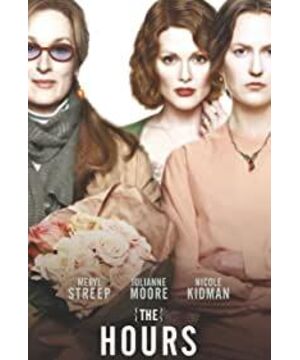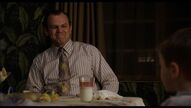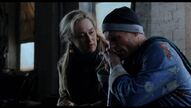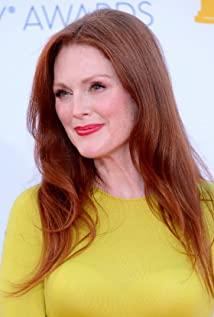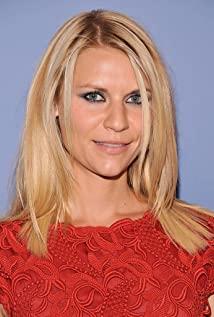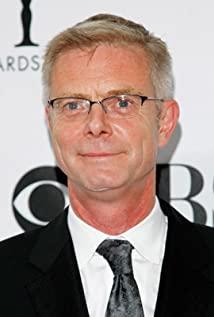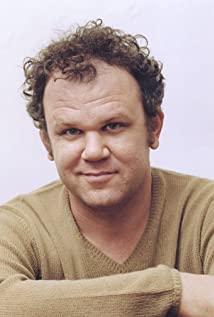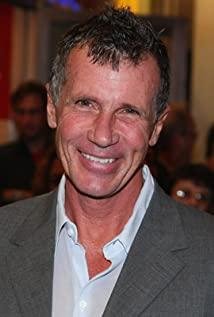Let's take a look at what this movie is talking about.
The film looks like a story of three women who can't stand the worldly life and seek life and death, but in fact it is not the case.
At the end of the film, only two people committed suicide—the gifted female writer Woolf and the gifted poet Richard.
The film's point of view is very obvious: genius poets are liberated through death, because they do not belong to this world. Ordinary people should not try to put genius into their tracks.
Woolf's husband and female editor Clarissa tried to integrate their beloved genius into the real world, but they all failed.
The other heroine of the film, Laura, is a housewife, not a genius. He seeks death because she is not used to the role of a housewife. If you insist on feminism, then only she can. In fact, Laura's plot is only showing the individual's pursuit of freedom.
This is the true theme of the film-both geniuses and ordinary people have the right to get rid of the shackles of reality and the right to pursue individual freedom.
As for the female editor Clarissa, it is ridiculous that some film critics superficially describe her as a representative of women's liberation. In the film, Clarissa is actually the incarnation of "Mrs. Dalloway" in the novel. This "Mrs. Dalloway" is precisely a figure assimilated by secular society. She felt that she had lost herself and hoped to feel the breath of freedom by approaching genius.
Some people say that her cohabitation with her girlfriend is a manifestation of women's liberation, which is even more superficial than the story. At the beginning of the film, the acting was very clear. The girlfriend went home and lay down on the bed, Clarissa pretended to sleep, and looked helpless. This clearly tells you that she is not interested in the current cohabitation. Sure enough, as the plot progressed, we found that her heart was with Richard.
Finally, after some twists and turns, she still chose the current secular life, her girlfriend and daughter. This role represents ordinary people. Her admiration for Richard symbolizes the desire of ordinary people to pursue absolute freedom; her final return is the result of attachment to the worldly tenderness.
Laura, on the other hand, represents ordinary people who boldly pursue freedom.
This movie contains some gay content, so it is easy to think of the theme of women's liberation. In fact, just think of Clarissa’s girlfriend as her husband.
The film is not talking about women's rights at all, but about weighing individual freedom and worldly tenderness. The answer given at the end is: In fact, any choice is fine, it varies from person to person, so let’s weigh it yourself~
View more about The Hours reviews


